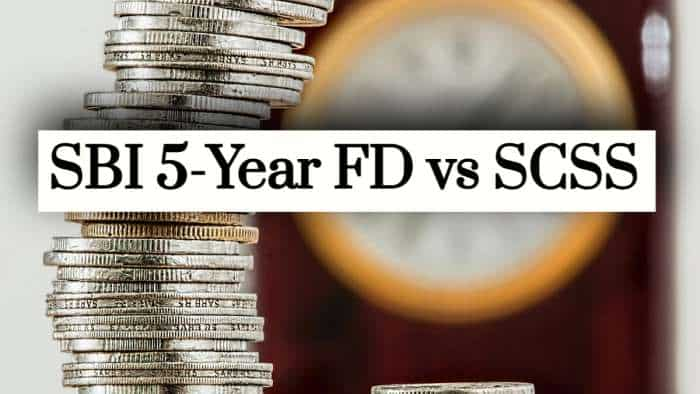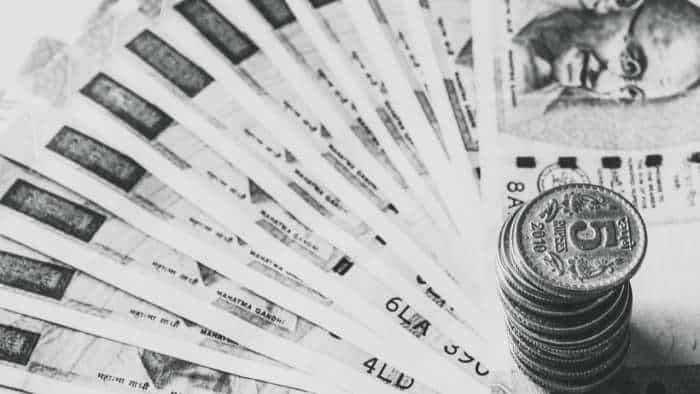Asia stocks see subdued start to 2017, dollar resumes climb

Asian stocks began 2017 on a flat note on Tuesday, uninspired by a surge in European markets to their highest in more than a year, while the dollar resumed its climb after last week`s stumble.
MSCI`s broadest index of Asia-Pacific shares outside Japan was little changed in early trade as most regional markets reopened after the New Year holiday. It ended 2016 with a 3.7 % gain, its best year in four.
Australian shares, however, were off to a robust start, jumping almost 1 %, while South Korea added 0.2 %.
Japan was closed for an extended New Year holiday.
The dollar index, which tracks the greenback against a basket of six global peers, rose almost 0.6 %, its biggest one-day advance since Dec. 15.
The dollar pulled back 0.1 % to 117.42 yen on Tuesday, after jumping almost 0.6 % on Monday, its biggest one-day gain in more than two weeks.
"Following a period of consolidation between now and late January, we believe the USD will put on another 10 % of gains over the next eighteen months," said Richard Grace, chief currency strategist at Commonwealth Bank of Australia.
With Britain and Switzerland shut for the New Year holiday on Monday, Europe`s STOXX 600 index added 0.5 % to hit its highest level since Jan. 4, 2015.
That came on the heels of data showing manufacturers ramped up activity at the fastest pace in more than five years in December.
Despite the positive data, the euro slumped 0.6 % on Monday, and edged up 0.1 % to $1.04655 early on Tuesday.
Official data on Sunday also showed China`s manufacturing sector expanded in December, indicating the world`s second-largest economy is entering 2017 on solid footing. But growth did slow slightly more than expected, in a sign that government measures to rein in soaring asset prices are affecting the broader economy.
China was the worst performing major Asian stock market in 2016, posting a 11.3 % loss in its worst year in five.
Investors are keeping an eye on the Chinese yuan after the central bank nearly doubled the number of foreign currencies in a basket used to set the renminbi`s value.
Starting on January 1, the number of currencies in the CFETS basket increased to 24 from 13, with new entrants including the Korean won, the South African rand and the Mexican peso.
China`s foreign exchange regulator also said late on Saturday that from Jan. 1 it would step up scrutiny on individual foreign currency purchases and strengthen punishment for illegal money outflows, although the $50,000 annual individual quota will remain unchanged.
The renminbi posted its biggest annual loss since 1994 in 2016, with the dollar up almost 7 % versus the Chinese currency.
In commodities, oil prices rose on Tuesday as a historic OPEC deal to reduce production took effect on January 1.
U.S. crude added 0.6 % to $54.05 a barrel. Oil was the world`s best-performing asset class in 2016, with a gain of around 50 %.
Gold was sluggish, with the precious metal sliding about 0.1 % to $1,150.82, after a flat start to the year on Monday.
Get Latest Business News, Stock Market Updates and Videos; Check your tax outgo through Income Tax Calculator and save money through our Personal Finance coverage. Check Business Breaking News Live on Zee Business Twitter and Facebook. Subscribe on YouTube.
08:27 AM IST













 GIFT Nifty futures down 170 points; markets likely to open on a weak note
GIFT Nifty futures down 170 points; markets likely to open on a weak note Pre-market: GIFT Nifty Futures signal tepid start on D-Street amid weak Asian markets
Pre-market: GIFT Nifty Futures signal tepid start on D-Street amid weak Asian markets GIFT Nifty futures hint at muted start; Asian markets remain upbeat
GIFT Nifty futures hint at muted start; Asian markets remain upbeat Asian markets trade positive even as Fed signals no hurrry in rate cut
Asian markets trade positive even as Fed signals no hurrry in rate cut  Share Market Today, September 19: Sensex, Nifty likely to open positive; GIFT Nifty futures up almost 100 pts
Share Market Today, September 19: Sensex, Nifty likely to open positive; GIFT Nifty futures up almost 100 pts